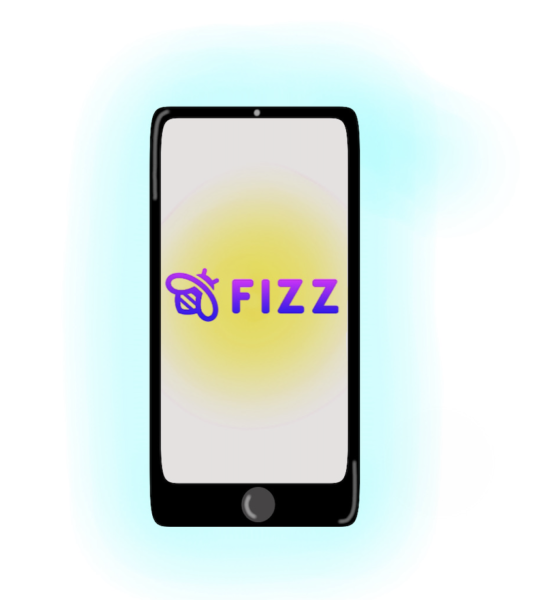
Most Tulane University students are likely familiar with Fizz. The social media app is a mainstay among Tulane students, who can anonymously speak their mind on a wide range of topics including academics, Greek life, sports and more.
Although this app may seem harmless in nature and can be extremely entertaining to scroll through, its anonymous platform promotes and fosters cyberbullying and negativity, harming Tulane’s culture and making certain students feel vulnerable. On most social media apps, these kinds of posts would be met with immediate condemnation, but Fizz’s anonymous-style incentivizes posting shocking statements, and the most crude posts often receive the most attention.
Fizz, which was developed by an ex-Stanford University student, hails itself as a platform to authentically “connect” with classmates and message other students at your school. But the fact that it is anonymous and not well-moderated removes all accountability and consequences of speech.
In recent months, Fizz has been gaining traction nationally, and it is now available at 80 college campuses. Fizz’s CEO Rakesh Mathur has said Fizz is aiming to expand to over 250 schools nationwide by the end of 2023.
Although Fizz’s policy bans all mentions of personal information, and claims to have a zero tolerance policy for harassment, it is clear that this is not properly enforced. There are a number of racist, classist and sexist posts that have received hundreds of views, likes and reposts and have not been removed.
For example, a two-month-old post that can still be found on Fizz reads, “I hate poor [expletive] people, so disgusting.” There were even comments underneath agreeing with the post, as well as some people expressing disdain for the crude remark. In any other social setting, this kind of rhetoric would have backlash, but on Fizz, hate speech roams free.
There is also a variety of triggering content that may be harmful to individuals with eating disorders or mental health issues, and some content blatantly body shames women.
Anonymous social media platforms are not just a problem at Tulane. Similar apps such as Yik Yak led to schoolwide lockdowns at several schools, including the University of Missouri, where an anonymous poster on Yik Yak threatened to carry out a racially motivated shooting.
Although free speech is a right for all American citizens under the constitution, it is not an absolute right, and there are consequences for certain types of speech. Speech that is considered harmful, like physical threats or harassment, are not protected speech under the first amendment.
Anonymous platforms like Fizz, Yik Yak and 4chan have long provided a space for any kind of speech whatsoever, without consequences. Another similar example is Greekrank, which allows students to anonymously rank and post their opinions on different sororities and fraternities and their members. Although many posts have since been deleted, there have been several instances of Tulane students’ full names being posted on Fizz.
In the midst of dangerous and potentially harmful anonymous-posting platforms like Fizz, the Tulane administration should take an immediate stance on these kinds of anonymous apps. At the very least, Tulane should make sure students have proper support and feel safe. Students themselves should practice self-care, spend time away from screens and remember to respect one another, even anonymously.


